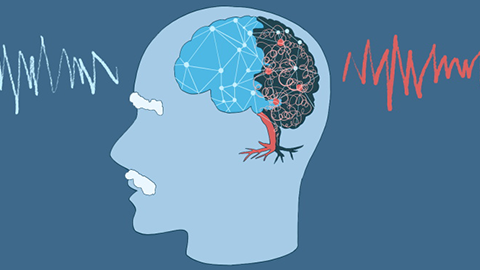Can patients with cerebral infarction eat potatoes?
Cerebral infarction, also known as cerebral infarct, generally allows patients to consume potatoes, although moderation is advised. Detailed analysis is as follows:

Potatoes are a nutrient-rich food containing carbohydrates, dietary fiber, vitamin C, potassium, and other essential nutrients. These components provide necessary energy for cerebral infarct patients and aid in physical recovery after a stroke. Generally, cerebral infarct patients can eat potatoes, but should do so in moderation. Dietary fiber helps stimulate intestinal motility and prevent constipation. It also assists in lowering blood lipids and glucose levels, offering positive effects on the recovery of patients with cerebral infarction.
Furthermore, potatoes can be prepared in various ways, such as steaming, boiling, stir-frying, or stewing, making them adaptable to different tastes and dietary habits. For patients recovering from cerebral infarction, potatoes are a relatively easy-to-digest and absorbable vegetable; moderate consumption will not burden the gastrointestinal system. However, minimal oil and salt should be used during cooking, in accordance with the low-salt, low-fat diet principles recommended for cerebral infarct patients.
In daily life, cerebral infarct patients should consume adequate amounts of high-quality protein and fluids, eat more fresh vegetables and fruits, and avoid high-fat, high-sugar, and high-salt foods.





